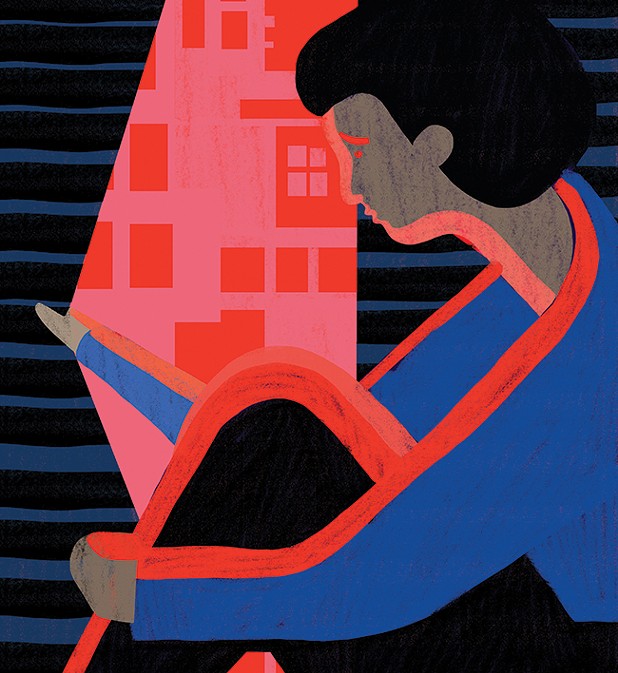Counselling and mental health services at universities have seen an increase in demand in recent years.
The 2017 National College Health Assessment, as one example, found one in five students will show up to university with anxiety- and/or depression-related concerns.
Given the pressure to get a perfect GPA while maintaining a full course load, extracurriculars and a social life, plus the general state of the world, it’s not surprising students are feeling the need for some extra support.
Joanne Mills, a psychologist at Dalhousie University, agrees and—without any hesitation—states that anxiety is definitely the number-one reason students access services.
“That’s followed by depression and then relationships,” she says. “And it doubles as you go up. So there are twice as many students coming in for anxiety than there are for depression.”
Jillian Rankin, a counsellor at Mount Saint Vincent University, confirms it. “The most common issues that first-year students face in the first semester,” she says, “is anxiety about new academic and life pressures, difficulty in time management, experiencing financial stress, having problems living with a roommate, learning to cope with making decisions for themselves and developing new study skills that are based on an independent studying format.”
Despite university pressures being a contributing factor to many students’ mental health issues, the irony is that given the issues with public mental health services there’s potentially better access to help as a student in Nova Scotia than as a civilian.
Every institution will refer you to a psychiatrist if necessary or requested. But, other than Dalhousie—which has in-house psychiatrists—the wait times for an outside psychiatrist can be anywhere from a week to years, meaning you might finish your degree before your first appointment. Wait times can be shortened with a university’s referral, which is preferable to a referral from a family doctor—assuming you’re one of the lucky Nova Scotians who actually has a family physician.
While the Mount feels as though it’s currently able to meet
In September 2017, Dalhousie merged all of its health services, including mental health and counselling, together into the Student Health and Wellness Centre. As an “interprofessional collaborative practice,” it has allowed for an increase in
The Nova Scotia Community College has counsellors spread across all their campuses, according to NSCC’s manager of counselling and wellness, Wanda McDonald.
“In most cases, students may expect an appointment within 48 hours,” she says. “Every effort is made to address urgent matters as determined by our student services teams the same day.” The community college is also working on campus-wide mental health awareness issues and needs assessments.
At all schools, the process is roughly the same. The intake involves an initial session with a counsellor who refers students to a psychologist. Depending on your school and personal situation, that can mean anywhere from a few sessions to regular appointments throughout the school year.
Acknowledging that mental health issues are complex, Mills points out that it’s important to remember that mental health isn’t just about counselling. She mentions that at Dalhousie there are a number of complimentary supports available, particularly peer supports such as the Black Student Advising Centre, the Indigenous Student Centre and the trans and queer-positive space offered by South House.
Other universities in Halifax offer similar spaces for anxious students looking for support. All of those facilities are on campus to provide the same essential service—letting students know they’re not alone, and that help is available when it’s needed.

